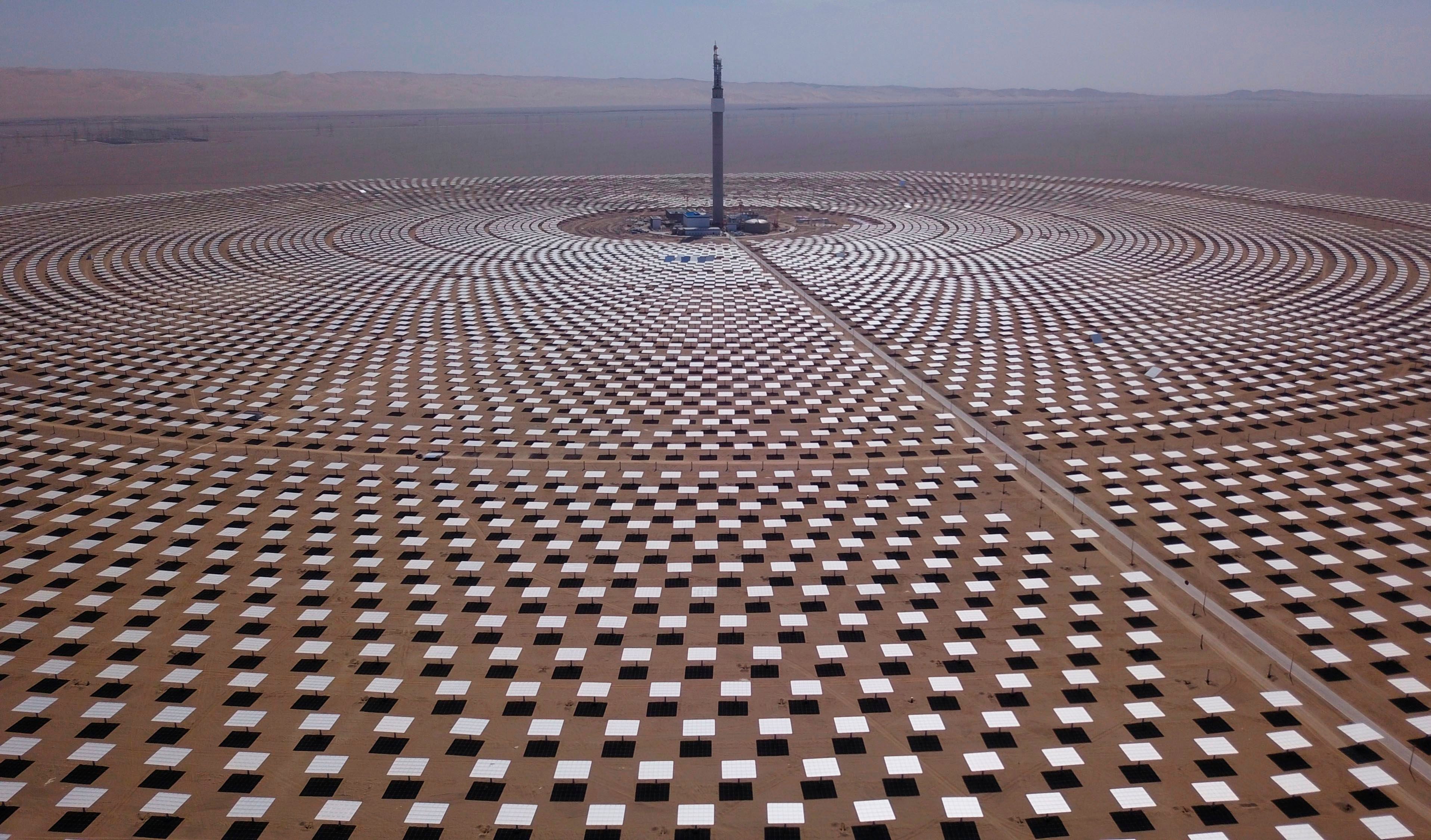This website uses cookies so that we can provide you with the best user experience possible. Cookie information is stored in your browser and performs functions such as recognising you when you return to our website and helping our team to understand which sections of the website you find most interesting and useful.

The World Energy Outlook 2020, published on Tuesday by the intergovernmental body, examines the impact that the pandemic has had on global energy, and offers forecasts for the next 10 years.
Scientists say this decade is pivotal and that countries must rapidly convert to clean and renewable energy if we are to have a chance of reducing emissions from fossil fuels and getting the climate crisis under control.
The Covid-19 pandemic has led to a 5 per cent drop in energy demand while energy-related CO2 emissions are down 7 per cent, and energy investment by 18 per cent, IEA found.
In the agency’s main scenario - which reflects policy intentions and targets already announced - renewables “take starring roles”, particularly solar photovoltaic (PV) (so-called as it converts light – photon – to electricity – voltage). Renewables are expected to surpass coal as the primary means of producing electricity by 2025.
“Solar PV is now consistently cheaper than new coal- or gas-fired power plants in most countries, and solar projects now offer some of the lowest cost electricity ever seen,”IEA said.
The combined share of solar PV and wind in global power generation will rise to almost a third by the end of the decade, from 8 per cent in 2019.
Renewables were the only major energy source that continued to grow in the past year, IEA found. And if net-zero emissions targets are adopted by 2050, the market will grow even faster.
Hydropower remains the largest renewable source but it is solar that will see the most growth.
Dr Fatih Birol, the IEA Executive Director, said: “I see solar becoming the new king of the world’s electricity markets. Based on today’s policy settings, it is on track to set new records for deployment every year after 2022."
Leaps in technology and support mechanisms have cut the financing costs for large solar projects, which in turn has brought down output costs, IEA said.
But the growth of renewables needs to see the bolstering of electricity grids. Without enough investment, grids will be the "weak link" in transforming the power sector, according to the report.
Global emissions are showing signs of bouncing back more slowly than after the Great Recession in 2008 but there is little hope so far of a “sustainable recovery”.
Despite the upticks in solar and wind, carbon emissions are expected to pick up in 2021. On the current trajectory, CO2 emissions will exceed 2019 levels in 2027 and continue to grow, IEA wrote.
If Covid-19 recovery happens in 2021, coal demand will continue to fall. By 2040, its share of the energy mix will drop below 20 per cent for the first time since the Industrial Revolution.
But demand for natural gas is still on the rise, mainly in Asia, and oil remains vulnerable as seen early in the pandemic when barrel prices plunged below zero.
“The era of global oil demand growth will come to an end in the next decade,” Dr Birol said. “But without a large shift in government policies, there is no sign of a rapid decline. Based on today’s policy settings, a global economic rebound would soon push oil demand back to pre-crisis levels.”
The pandemic has had the greatest impact on people in the poorest parts of the world. Several years of increased electricity access across Sub-Saharan Africa is now in reverse.
The report calls for a significant push in clean energy investment to spur economic growth and jobs, while also reducing emissions.
It notes that only a handful of countries - the UK, Canada, New Zealand and South Korea along with the EU - have adopted this approach.
“Only faster structural changes to the way we produce and consume energy can break the emissions trend for good.
"Governments have the capacity and the responsibility to take decisive actions to accelerate clean energy transitions and put the world on a path to reaching our climate goals, including net-zero emissions,” Dr Birol said.
Reuters contributed to this report



 Africana55 Radio
Africana55 Radio 
